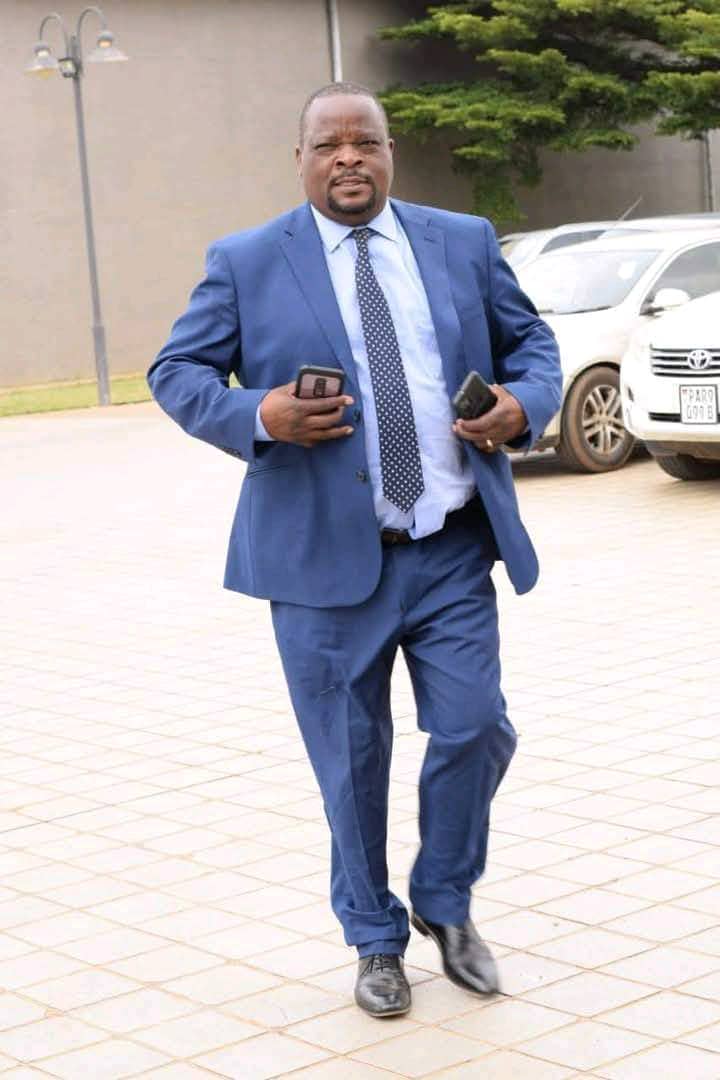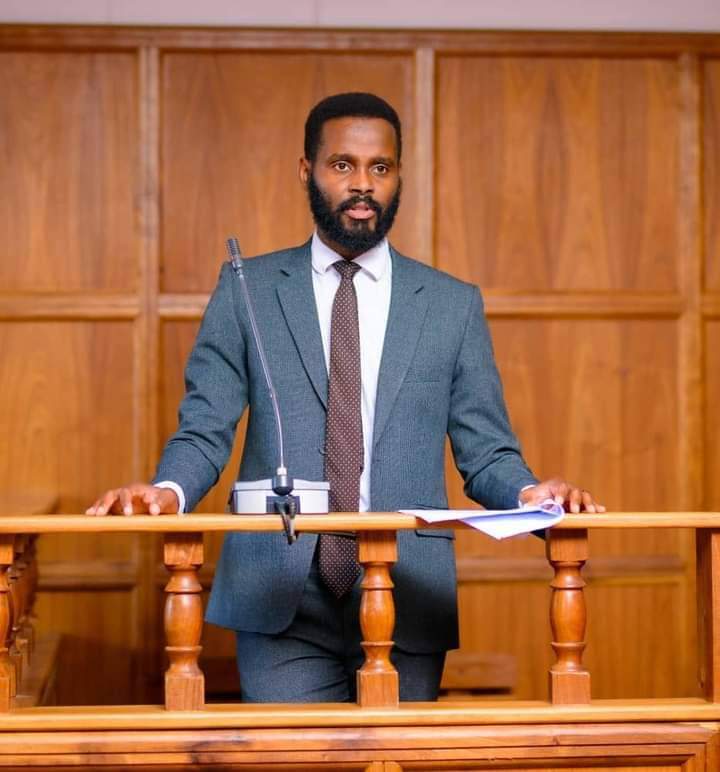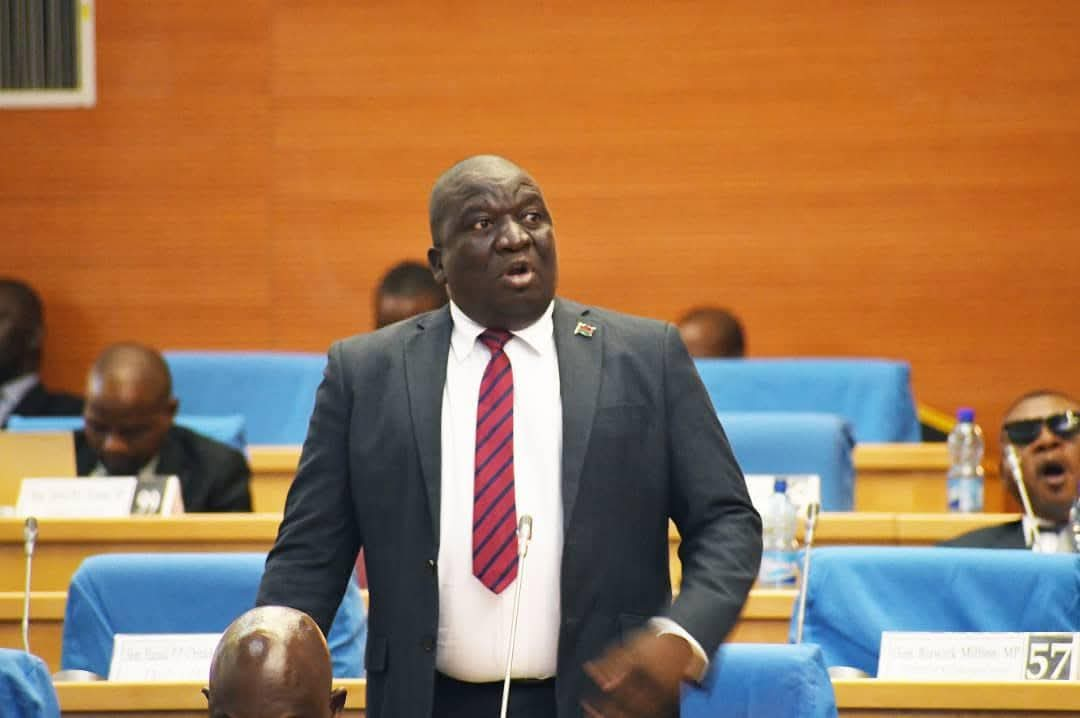By Burnett Munthali
In a significant development that has captured the attention of the Malawian public, Yeremia Chihana, Member of Parliament for Mzimba North, has been granted bail by a court in Mzuzu following his arrest on allegations connected to corruption.
The decision to grant bail comes after several days of legal wrangling, public interest, and intense media scrutiny surrounding Chihana’s alleged involvement in corrupt dealings.
Chihana, a well-known political figure and vocal legislator, appeared before the court where the bail conditions were outlined in detail, reflecting the gravity and sensitivity of the case.
As part of the bail conditions, the court ordered Chihana to surrender all his travel documents, effectively restricting his movements outside the country.
This condition is seen as a preventive measure to ensure that the legislator remains within reach of the legal authorities as investigations continue to unfold.
In addition to surrendering his passport and other travel documents, Chihana was required to pay a bail bond amounting to MK1,000,000 in cash.
The court also demanded a non-cash surety of MK10,000,000, which was to be guaranteed by a credible individual or entity, a move intended to reinforce the seriousness of the conditions attached to his temporary freedom.
Furthermore, Yeremia Chihana has been instructed to report to the Anti-Corruption Bureau (ACB) Headquarters in Lilongwe every fortnight without fail.
This reporting requirement underscores the importance of consistent engagement with the investigators and reflects the ACB’s intent to closely monitor the MP’s movements and cooperation with the inquiry.
Legal commentators have described the bail conditions as “firm but fair,” noting that while the court has allowed Chihana the right to bail as enshrined in the Constitution, it has also sent a clear message that the case is not to be taken lightly.
The ACB, which has remained tight-lipped on the full details of the allegations, is reportedly building a case that could have far-reaching implications for political accountability in Malawi.
Chihana, known for his fearless critiques of government operations, now finds himself on the receiving end of a legal process that could potentially dent his political career and public image.
His supporters, some of whom had gathered outside the court premises, expressed mixed feelings—some arguing that the charges are politically motivated, while others called for transparency and due process to prevail.
Meanwhile, the general public continues to follow the case with great interest, as it unfolds against the backdrop of Malawi’s ongoing struggle with corruption, impunity, and the quest for institutional integrity.
As the nation waits for more revelations from the Anti-Corruption Bureau and subsequent court proceedings, Yeremia Chihana’s case is set to become a defining moment in the intersection of law, politics, and accountability in Malawi.
The spotlight is now firmly fixed on both the judiciary and the ACB, whose handling of this high-profile matter will likely shape public confidence in the country’s anti-corruption framework.
For now, Chihana walks free—but under close watch—and Malawians will be watching every step he takes, every fortnight, as he reports to Lilongwe.




